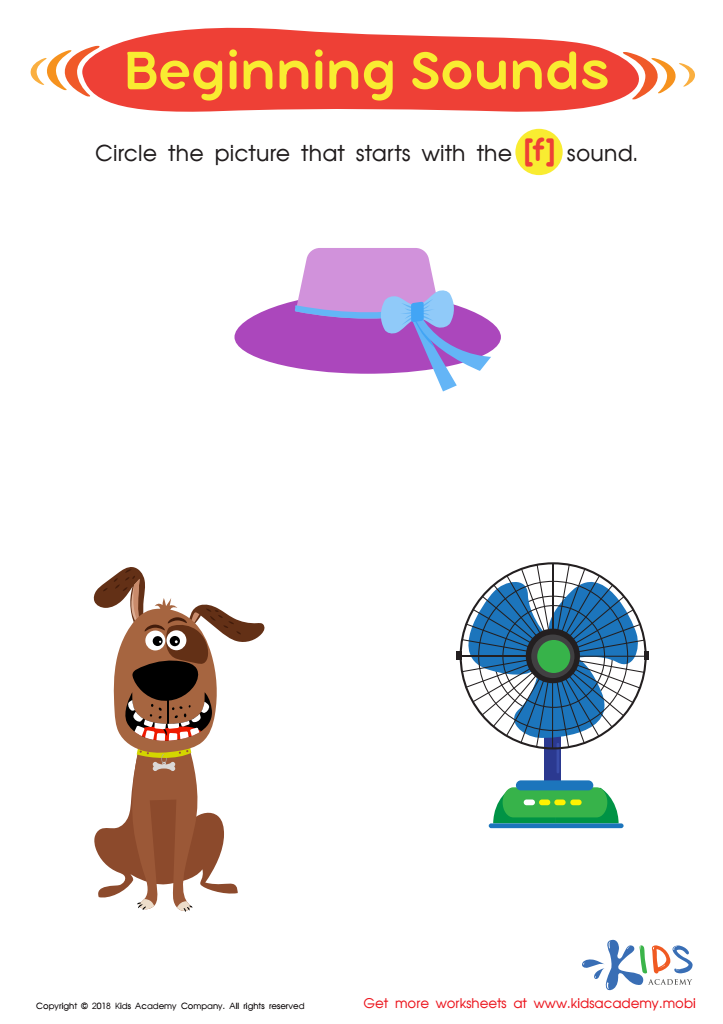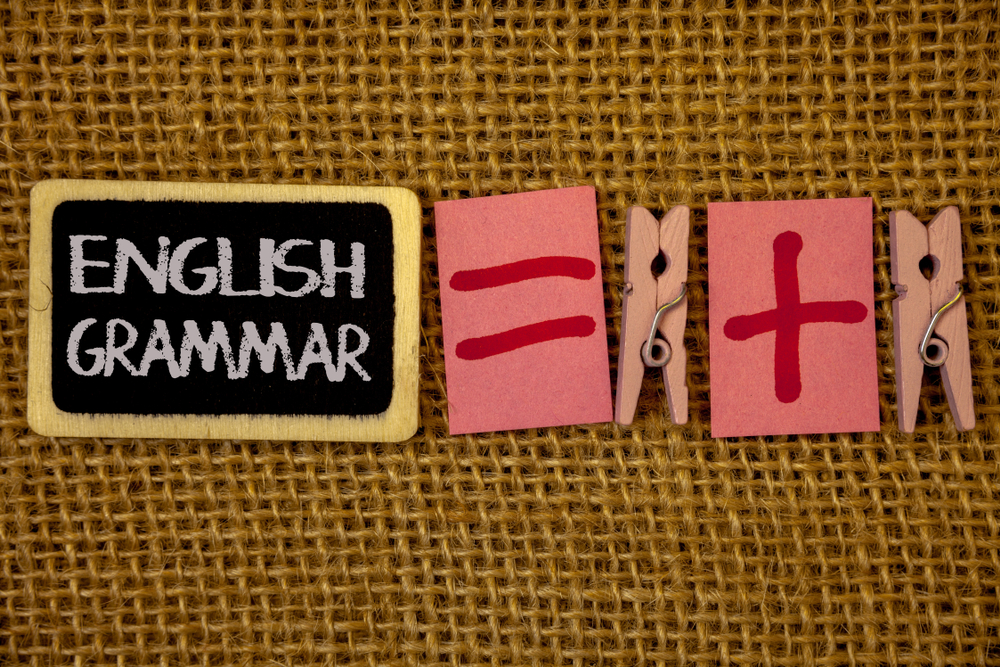Beginning Sounds Worksheets Activities With Answers for Ages 4-6
2 filtered results
-
From - To


Beginning Sounds Assessment Printable


Phonics and Word Recognition: Assessment 1 ELA Worksheet
Beginning Sounds Worksheets Activities With Answers are an essential educational tool for young learners embarking on their literacy journey. These worksheets, focused on the initial sounds of words, are not just another task for students to complete. Instead, they serve as a cornerstone for developing phonemic awareness, a critical component in the process of learning to read and write.
Why are these activities so useful? For starters, understanding beginning sounds helps children crack the code of our language, enabling them to make connections between letters and sounds. This foundational skill allows for the development of reading fluency and comprehension as students progress through their educational journey. Beginning Sounds Worksheets Activities With Answers offer a structured pathway for children to explore these connections, with the added benefit of immediate feedback to reinforce learning.
Moreover, these worksheets are designed to engage young minds through a variety of activities, such as matching games, fill-in-the-blank exercises, and letter tracing. This variety ensures that learning remains a fun and interactive experience, catering to different learning styles and keeping students motivated. The inclusion of answers further empowers learners, allowing them to self-correct and understand their mistakes, fostering a growth mindset.
Another significant advantage of Beginning Sounds Worksheets Activities With Answers is their flexibility. They can be used in a classroom setting, for homeschooling, or simply as a supplementary resource for extra practice at home. This flexibility means that all children, regardless of their learning environment, can benefit from the foundational skills these worksheets provide.
In conclusion, Beginning Sounds Worksheets Activities With Answers are a valuable resource for early literacy development. By focusing on the relationship between letters and sounds, these activities lay the groundwork for successful reading and writing. They offer an engaging, flexible, and effective way for children to develop the skills necessary for academic success, making them an indispensable tool in the educational toolkit.

 Assign to My Students
Assign to My Students
















